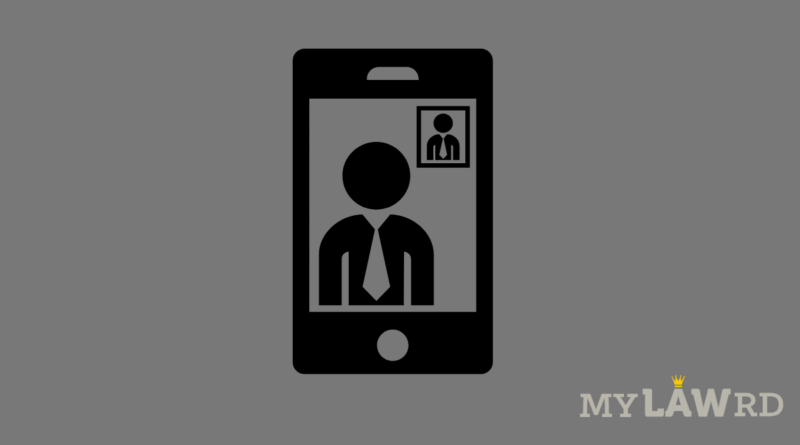Govt initiates reforms in KYC process for telecom subscribers
The government has launched multiple telecom reforms simplifying the KYC process for subscribers and service providers. As per Ashwini Vaishnaw, Minister of Communications, “Telecom Reforms aim to provide world class internet and tele-connectivity for the marginalised section.”
As part of the reforms, the government has allowed:
- Self-KYC as an alternate process for issuing new mobile connections;
- Conversion of connection from Prepaid to Postpaid and vice versa using OTP based process; and
- Use of Aadhaar based e-KYC as an alternate process for issuing mobile connections to customers including outstation customers and bulk connection.
What is Self-KYC?
In the self-KYC process, a customer can obtain a mobile connection through an application/ online portal. The customer will verify his identity electronically, using documents verified by UIDAI or DigiLocker. Following the online request for a connection, the service provider will deliver the SIM card to the customer’s doorstep using.
All the details that the service provider will receive will be automatically captured in the Customer Application Form (CAF). Further, the customer shall capture his clearly visible live photograph and video.
OTP based conversion
Under the previous guidelines, a customer had to undergo the entire KYC process again in case of conversion. This entire process was redundant since conversion only changes the billing type, not ownership. The Department of Telecommunication (DoT) recently released a Proof of Concept for conversion using an OTP-based process. The proposal has now been implemented. Details are as follows:
- Any person who wishes to convert her mobile connection shall send a request to the service provider via SMS, Interactive Response Voice System (IVRS), website or authorized app of the service provider.
- After receiving the request for conversion, the service provider will send a message to the subscriber’s mobile number confirming that she has requested the conversion. This message will include a unique transaction ID and a One-Time password (OTP). This OTP will expire in 10 minutes.
- Successful validation of the OTP will be treated as a consent of the subscriber for the conversion of mobile number.
- The service provider will need to inform the subscriber about the date and time of conversion in advance, via text message or through IVRS. After this, the conversion will be completed within the date and time already intimated to the subscriber.
- Once the process is complete, the service provider will send one confirmation message to the subscriber’s mobile number.
- If during the period of conversion, there is any disruption of services, it shall not exceed 30 minutes.
- Service providers shall maintain the details of the conversion process including date and time of request, conversion, and OTP.
- The subscriber can re-convert only after 90 days of the previous conversion. Licensee should inform this to customer, before the process of conversion starts.
Aadhaar based e-KYC
The government has ‘re-introduced’ e-KYC processes for issuing new mobile connections. It has amended the Indian Telegraph Act, 1885, to legitimize the e-KYC process for issuing new connections.
Earlier, the Supreme Court in 2018 struck down Section 57 of the Aadhaar Act, 2016, prohibiting private firms to conduct Aadhaar based KYC.
The Unique Identification Authority of India (UIDAI) will charge Rs. 1/- to telecom service providers per authentication. Service Providers will receive demographic details along with picture of the customer from the UIDAI.
For the e-KYC process, either the customer will have to visit the point of sale, an agent will visit the home/ office of the customer. The customer will authorize the transaction using Aadhaar number and biometrics, and will also sign a declaration expressing voluntary authorization.
Do subscribe to our Telegram channel for more resources and discussions on tech-law. To receive weekly updates, don’t forget to subscribe to our Newsletter.

